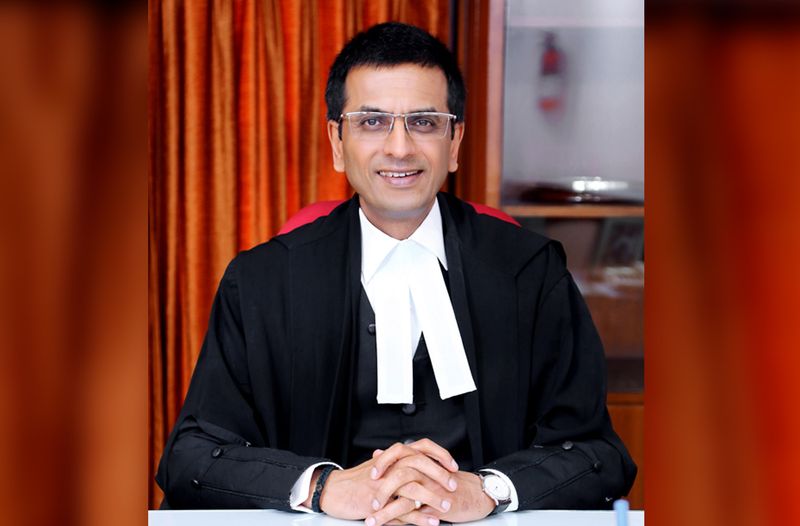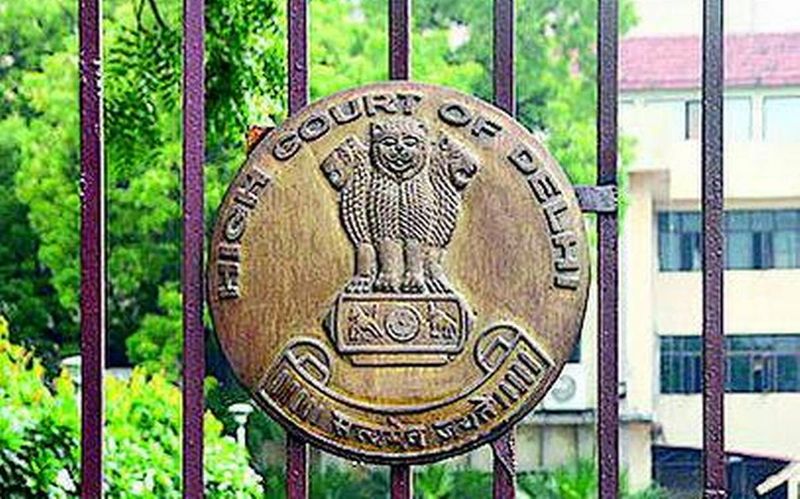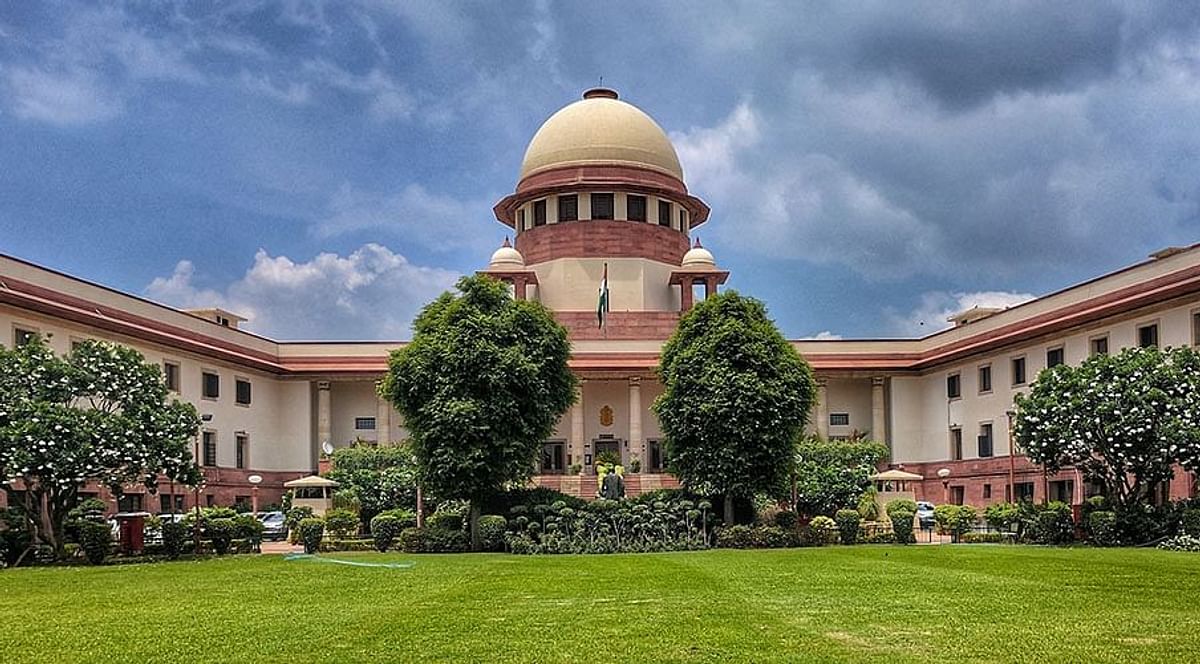Chief Justice of India DY Chandrachud addressed the Oxford Union Society, emphasizing the judiciary's role in maintaining constitutional values and the significance of technology in enhancing transparency within the judicial system. Speaking at the University of Oxford, he highlighted how judges ensure continuity of constitutional principles, which protect democratic structures. He noted that judges are not elected in India to preserve this continuity.
The Chief Justice acknowledged the role of technology in making the judiciary more accessible to society, despite some "unfair" criticism on social media. He stressed that technology helps the judiciary connect with a broader audience. Reflecting on the general elections, he reiterated that while elections are central to democracy, judges must uphold traditions and envision the future of a good society.
Addressing questions about political and societal pressures, he asserted that he has never faced political pressure in his 24-year career. Judges, he explained, live relatively isolated from the political branches of government but must understand the societal impact of their decisions. This understanding, he clarified, is not political pressure but a necessary awareness of their rulings' consequences.
When asked about the Supreme Court's ruling against legalizing same-sex marriage under the Special Marriage Act, Chief Justice Chandrachud refrained from defending the judgment. He emphasized that, once delivered, a judgment belongs to the nation and global humanity. He noted that the Special Marriage Act was designed for heterosexual marriages and revealed that he had favored recognizing civil unions for same-sex couples until Parliament intervened. However, three of his colleagues disagreed, believing such recognition was beyond the court's purview. He framed the court's work as an ongoing dialogue with both litigants and civil society, motivating his decision to livestream important constitutional cases to bring justice closer to the public.
The Chief Justice also addressed the humanizing role of the judiciary, highlighting that technology has improved the process for court parties and administrative staff. He cautioned against complete automation, arguing that removing the human mind from the process would eliminate the essential human element. He underscored the importance of balancing the pros and cons of technological use to ensure a humanized justice system. While acknowledging the potential of Artificial Intelligence, he stressed the need for guardrails to control AI, ensuring that communication remains between judges and people, not machines.








 OpinionExpress.In
OpinionExpress.In















Comments (0)